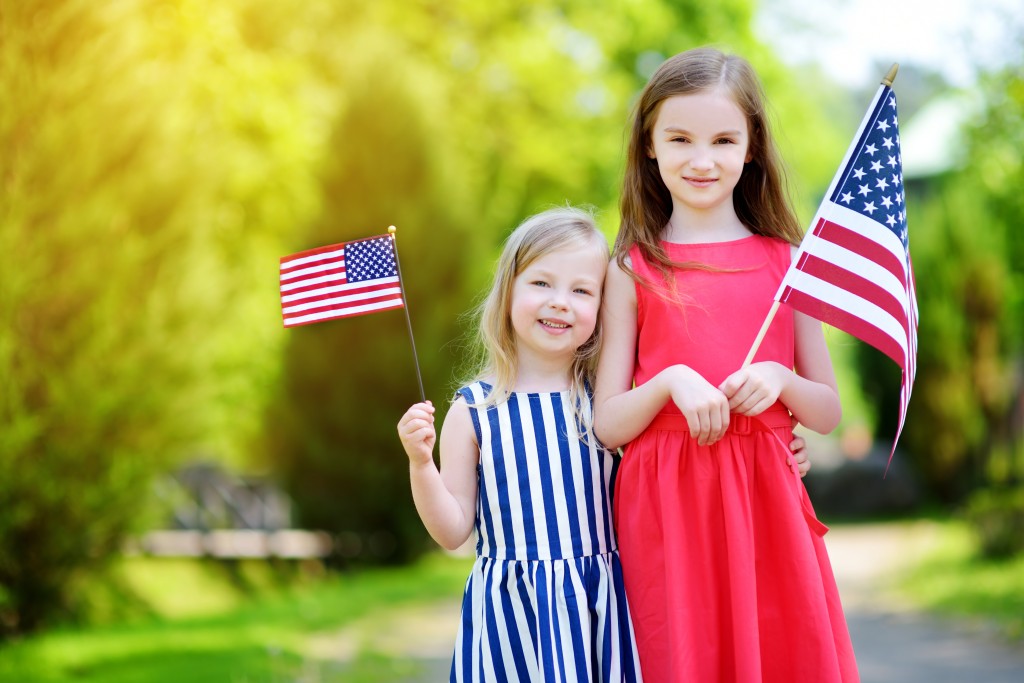 It’s no secret that many Americans don’t know a whole lot about the U.S. government and how it operates.
It’s no secret that many Americans don’t know a whole lot about the U.S. government and how it operates.
The 2022 edition of the Annenberg Public Policy Center’s annual civics knowledge survey found that over half of American adults were unable to identify the three branches of government, more than a quarter were unable to name a single right enshrined by the First Amendment, and the majority incorrectly believe the president determines a law’s constitutionality.
Even more worrying, more than one-third of American adults with a high school education said they never took a civics education course covering either the Constitution or the judicial system. Clearly our public education system needs a civics revamp.
But with all the academic debate over whether it is more important for citizens to be engaged in their society or informed about its institutions, reforming civics in public education will take years, if not decades. Parents concerned about their kids’ education can’t wait through all the legislative squabbles getting in the way of curriculum reforms.
Moreover, the longer we neglect training the next generation of statesmen, the more our society will suffer down the road. Local legislatures ought to embrace school choice as the quickest and surest way to improve civic education for students.
Anyone interested in cultivating good citizenship (however they may define it) among America’s youth should support education choice. For one, it improves students’ dedication to their communities. Catholic schools, which often stress volunteerism as part of their core curriculum, have long been found to generate the highest rates of civic participation. As such, any parent sending their kid to a Catholic school can feel comfortable that their child will receive rigorous and effective civic instruction.
However, a study published in Education Next found that magnet, charter, and secular private schools benefit students’ civic development as well. More specifically, magnet schools generated the same, albeit less intense effects as Catholic schools; charter school students were more likely to volunteer in civic causes, and secular private schools made their students more politically tolerant.
Interestingly, the study noted that these effects may not be the result of pedagogical differences between educational models — although differences abound — as much as they are the result of greater structure and discipline found in schools of choice.
At the very least, these institutions do no harm in creating engaged citizens, and in some cases, they’re better at it than public schools. In another study from New York City, low income and minority students attending schools of choice were more likely to become voters.
Those more concerned with children becoming informed citizens as much as they are engaged citizens should take notice, too. Here, Catholics schools lead as well — as the Cato Institute’s Neal McCluskey pointed out, “29 percent of students [in Catholic schools] score at least “proficient” in U.S. history, versus 14 percent of public school kids. In civics, 41 percent of Catholic students were at least proficient, versus 23 percent of public schoolers.”
That said, as with civic participation, children attending non-Catholic schools of choice also benefit. In fact, all 11 studies conducted on the subject have concluded that they match or outperform students at traditional public schools.
Moreover, students in Washington, D.C., who attended schools of choice were found to be 50% more likely than public school students to favor critical free speech, voting, and presidential eligibility rights for groups they disliked.
In other words, school choice demonstrably benefits our society’s health.
Parents and policymakers shouldn’t wait for a civics overhaul to ensure that future generations know what responsible citizenship entails. By supporting school choice programs, we can cultivate the civic virtues our country has traditionally relied upon, regardless of whether one believes civic knowledge or civic participation is more important.


